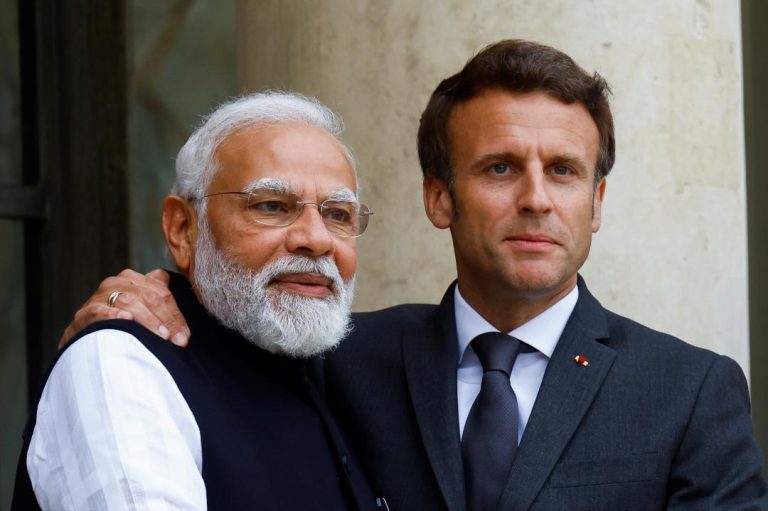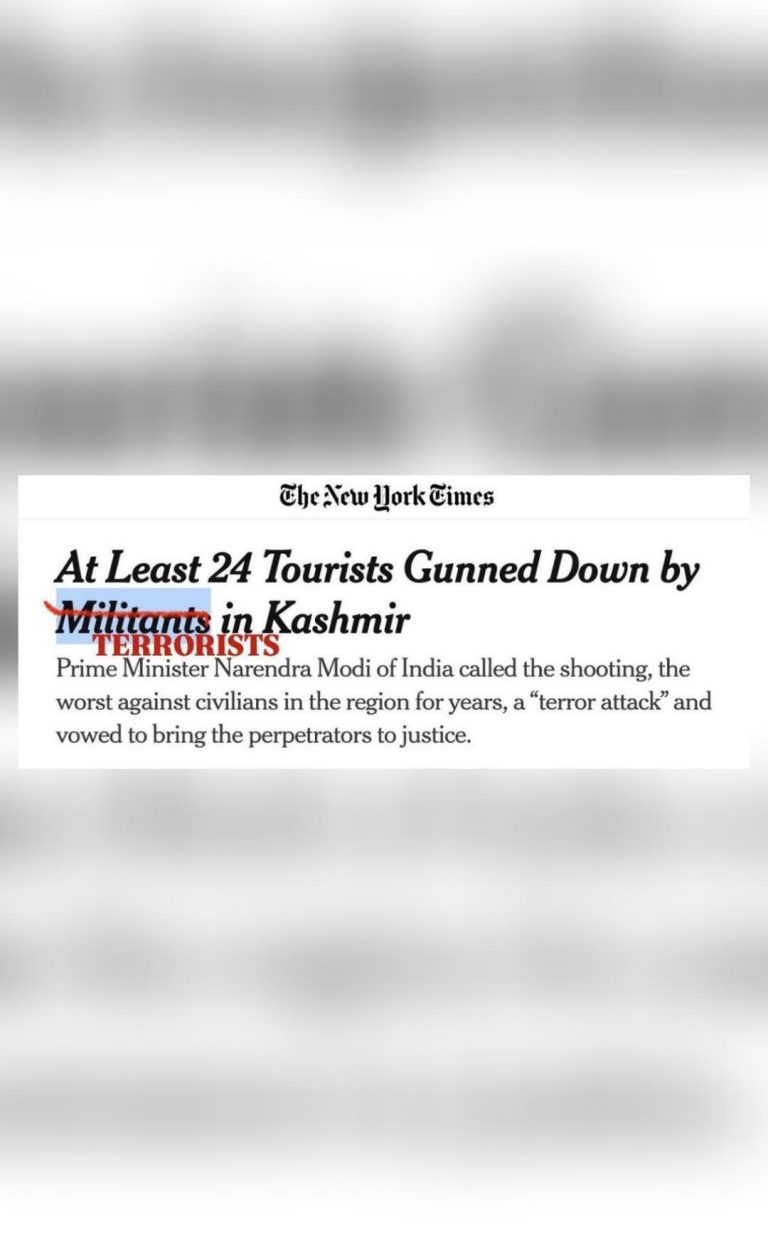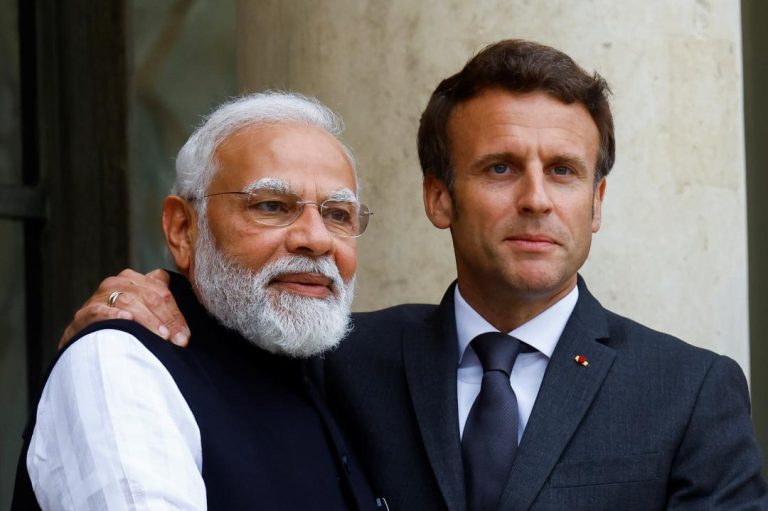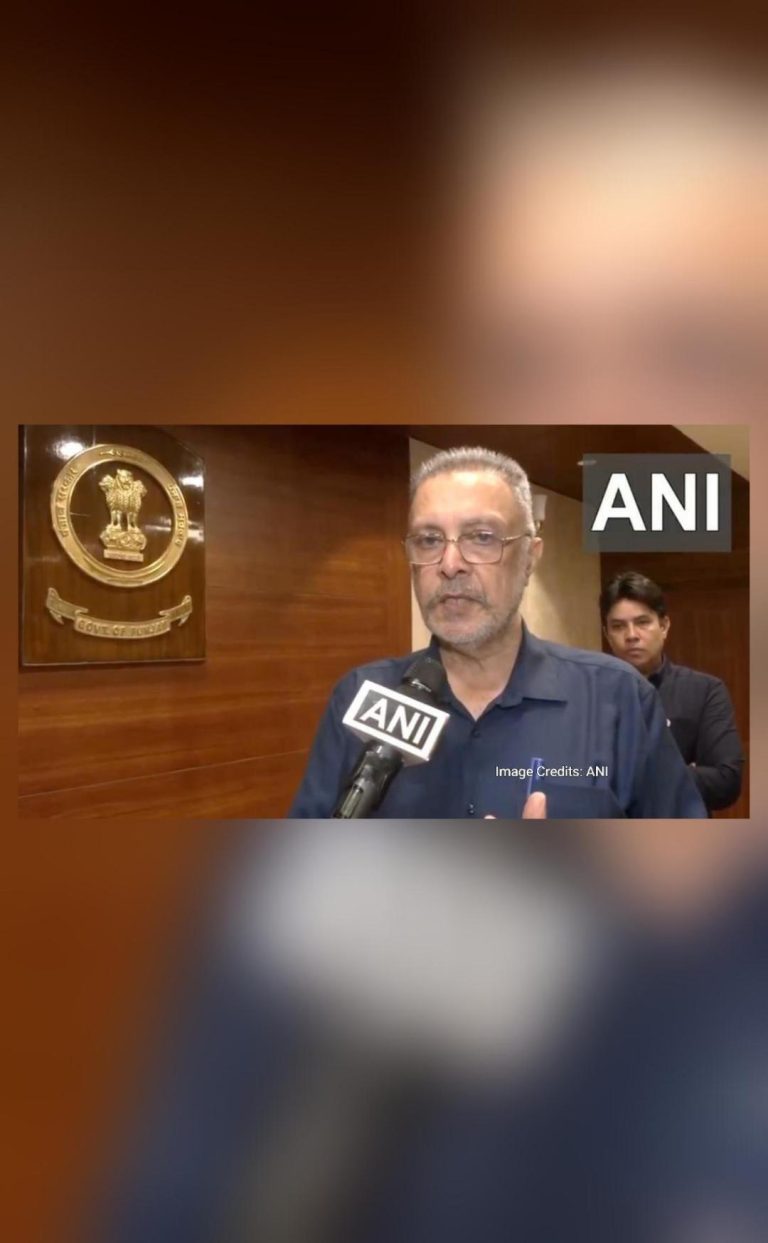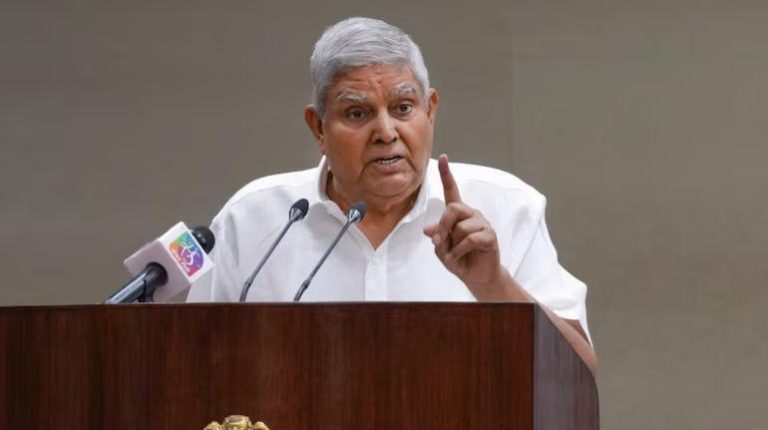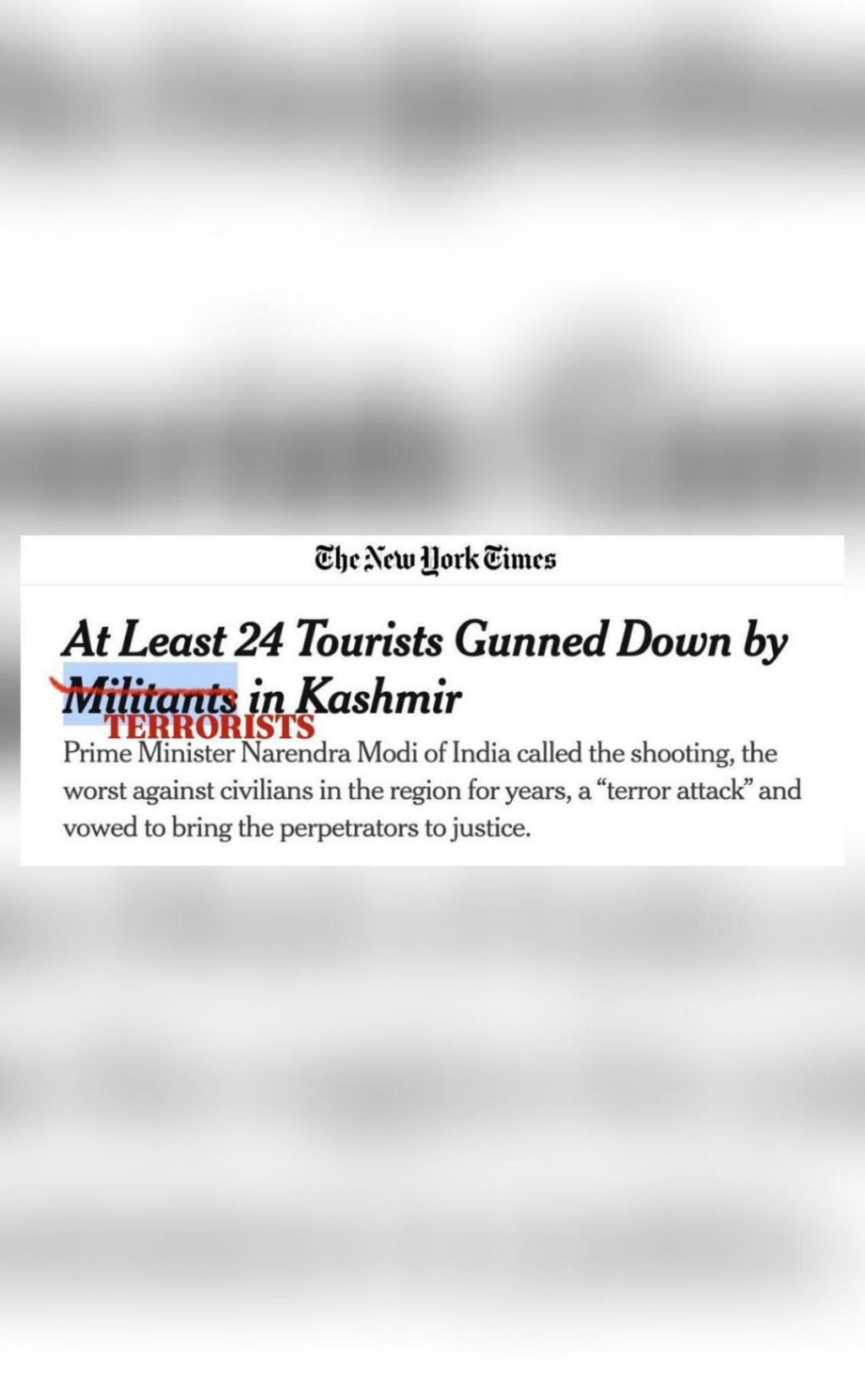
Hey NYT, fixed it for you: US committee after news portal calls J&K terrorists ‘militants’
In a recent tweet, the US House Committee on Foreign Affairs called out the New York Times for its perceived bias in labeling terrorist attacks. The committee, which is a part of the US Congress, shared a screenshot of a NYT article that referred to the terrorists behind an attack in Jammu and Kashmir’s Pahalgam as “militants”. The tweet, which has gone viral, has sparked a heated debate on the media’s role in reporting terrorism.
The tweet read: “Hey NYT, we fixed it for you…This was a TERRORIST ATTACK plain and simple…Whether it’s India or Israel, when it comes to TERRORISM, NYT is removed from reality.” The screenshot attached to the tweet shows the NYT article, which describes the attack as a “militant attack” on a tourist resort in Pahalgam. The committee’s tweet suggests that the NYT is downplaying the attack by not using the term “terrorist” to describe the perpetrators.
The tweet has sparked a lot of reactions, with many people defending the NYT’s decision to use the term “militant” to describe the attackers. Some have argued that the term “militant” is more accurate and nuanced, as it suggests that the attackers may have political or ideological motivations rather than simply being terrorists. Others have criticized the committee’s tweet, saying that it is an example of political grandstanding and an attempt to discredit the NYT for its reporting.
However, the committee’s tweet has also sparked a lot of support, with many people agreeing that the NYT’s language is often too soft on terrorism. Some have pointed out that the NYT’s decision to use the term “militant” is a slippery slope, as it can lead to a lack of clarity and accuracy in reporting on terrorism. Others have argued that the committee’s tweet is a necessary rebuke to the NYT’s perceived bias, and that it is important for the media to use accurate language when reporting on terrorism.
The debate over the language used to describe terrorism is nothing new. In recent years, there has been a growing controversy over the use of the term “militant” to describe terrorists. Some argue that the term is too vague and can be used to describe anyone who is fighting against a government or occupying force, regardless of whether they are engaging in acts of terrorism. Others argue that the term “militant” is more accurate and nuanced, as it suggests that the attackers may have political or ideological motivations rather than simply being terrorists.
The issue is particularly relevant in the context of the Middle East, where many conflicts involve complex political and religious dynamics. In recent years, there has been a growing trend towards using the term “militant” to describe terrorists, particularly in the context of conflicts involving Israel and Palestine. This trend has been criticized by some, who argue that it is a way of avoiding the term “terrorist” and downplaying the severity of the attacks.
The US House Committee on Foreign Affairs’ tweet is part of a broader debate over the media’s role in reporting on terrorism. In recent years, there has been growing criticism of the media’s coverage of terrorism, with some arguing that it is too soft on terrorists and others arguing that it is too sensationalistic. The debate has been fueled by a number of high-profile attacks, including the 2015 Charlie Hebdo attack in Paris and the 2016 Orlando nightclub shooting.
In the context of the NYT article, the committee’s tweet is a rebuke to the media’s perceived bias in reporting on terrorism. The tweet suggests that the NYT is downplaying the severity of the attack by not using the term “terrorist” to describe the perpetrators. The committee’s tweet is also a reminder that the language used to describe terrorism is important, and that it can have real-world consequences.
The issue is not limited to the NYT, as many other media outlets have also been criticized for their coverage of terrorism. In recent years, there has been a growing trend towards using the term “militant” to describe terrorists, particularly in the context of conflicts involving Israel and Palestine. This trend has been criticized by some, who argue that it is a way of avoiding the term “terrorist” and downplaying the severity of the attacks.
In conclusion, the US House Committee on Foreign Affairs’ tweet is a reminder that the language used to describe terrorism is important, and that it can have real-world consequences. The tweet highlights the debate over the use of the term “militant” to describe terrorists, and suggests that the NYT’s language is too soft on terrorism. The issue is not limited to the NYT, as many other media outlets have also been criticized for their coverage of terrorism. Ultimately, the debate over the language used to describe terrorism is a complex one, and it requires nuance and sensitivity.
Source: https://x.com/HouseForeignGOP/status/1914843415793095043
